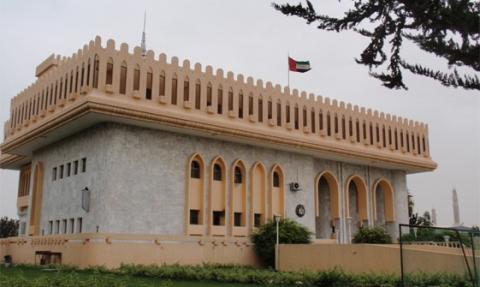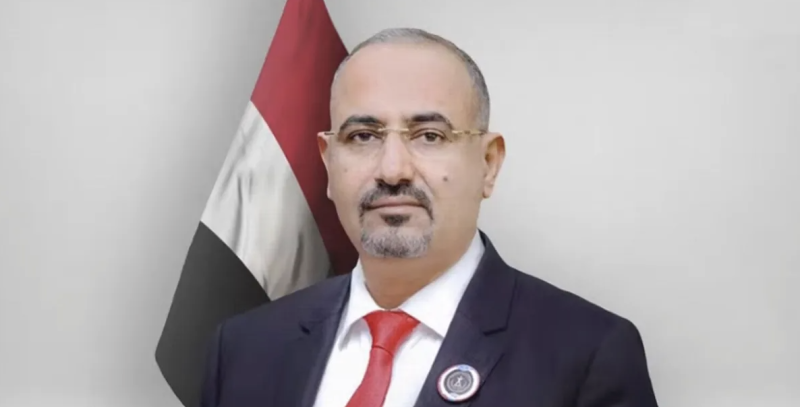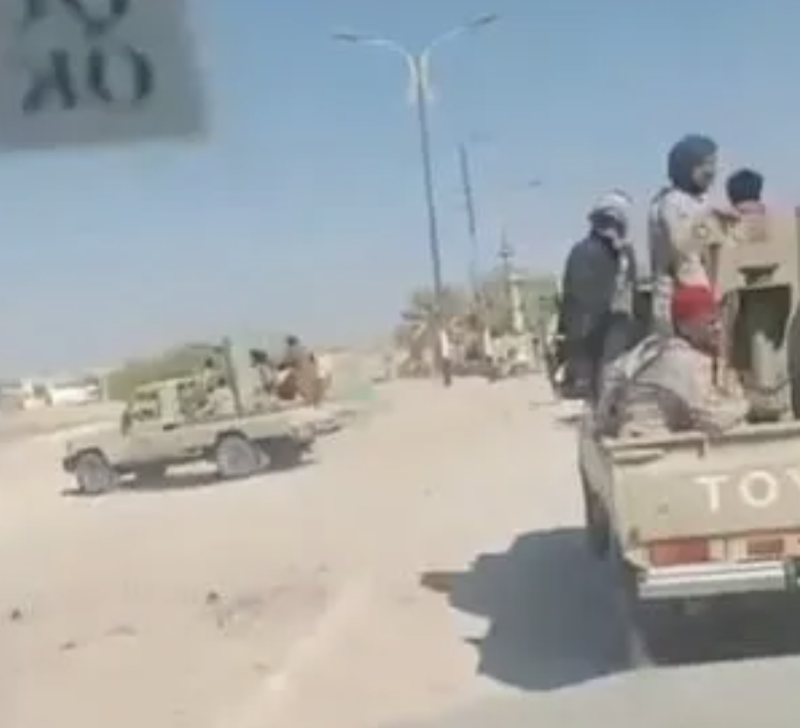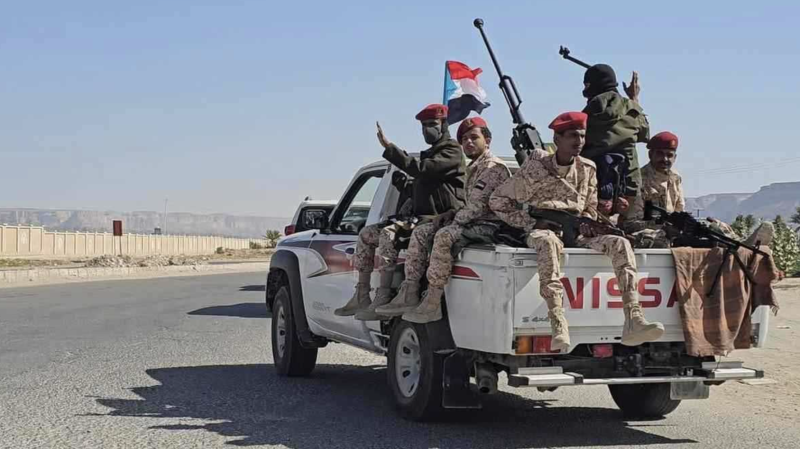Q&A: Yemen’s slide into civil war


Yemen’s rebel Houthi movement cemented its control of Taiz, the country’s third largest city, after declaring a “general mobilisation” against forces loyal to the president as the country slid further towards all-out civil war.
Houthi fighters, backed by tanks, on Sunday expanded their presence in the strategic vantage point between the capital and the southern port city of Aden, where the beleaguered president, Abd-Rabbu Hadi, is attempting to form a government.
Tensions intensified over the weekend after multiple suicide bombings killed at least 137 people and wounded more than 300 at mosques in the capital packed with Zaydi Shia Muslims, the religion followed by the Houthis.
“The phenomenon of targeting mosques on a sectarian basis is a serious indication of the deterioration reached by the security situation”, said UN envoy Jamal Benomar.
Late last week, military units loyal to the Houthis’ ally, former president Ali Abdullah Saleh, battled Mr Hadi’s forces in Aden and neighbouring Lahj, the site of important military installations.
The Saleh-Houthi coalition responded by sending air force jets to Aden, bombing the presidential compound where Mr Hadi had taken up residence. He was not hurt.
US troops have evacuated the Lahj base, citing security concerns, shortly before militias allied to Mr Hadi stormed the compound.
In response, the Houthis have launched an assault on the south, claiming Mr Hadi is arming militias without conducting background checks. This, they argue, risks handing control of the south to al-Qaeda in the Arabian Peninsula (AQAP), an offshoot of the terrorist group.
The Houthis claim that many of the Hadi-backed fighters involved in the recent Lahj assault were AQAP members.
Who is fighting whom?
Mr Hadi, Yemen’s transitional president since 2012, has declared Aden as the temporary capital, where he is trying to build a militia of 20,000 men made up of southern secessionists, anti-Houthi tribes and Sunni Islamists to augment the few military units still loyal to him.
Mr Hadi plans to regain control of Sana’a where in September, a coalition of led by the Houthis and backed by tribal militias and military units loyal to Yemen’s long-time president Ali Abdullah Saleh, swept into the capital.
The Houthis, a one time religious revivalist movement for Zaydism, a sect distinct from the Twelver Shia practised in Iran, morphed into one of the country’s most effective fighting forces during six wars with Sana’a between 2004 and 2010.
Infighting between different factions of Mr Saleh’s regime in 2011 created a security vacuum that allowed the Houthis to consolidate control over Sa’dah, their stronghold in Yemen’s northern highlands, before bursting out from their borders in 2013.
Analysts say Mr Saleh, once the Houthis’ nemesis, entered a marriage of convenience with them to exact revenge for his ouster in the aftermath of the Arab spring unrest of 2011. He is now pushing the country towards all-out war to weaken both his conservative Sunni rivals and the Houthis, before potentially mounting a power grab of his own.
Is this a proxy war between Iran and Saudi Arabia?
Mr Hadi’s forces are thought be underwritten by the Gulf states, led by Saudi Arabia, which regards the Houthis as an Iranian proxy. Riyadh has become alarmed at the Iranian’s effective interventions in other regional theatres, such as Iraq and Syria.
The Houthis have long denied that Iran was backing their revolution, whose slogan is: “Death to America; death to Israel; damnation to the Jews; victory for Islam.” Since they took the capital, however, Iranian flights have been regularly landing in Sana’a, carrying aid.
“The Saudis will see pushing back Iranian influence in Yemen as a priority,” said Sir John Jenkins, executive director of IISS Middle East. “So they will want to support Mr Hadi as much as possible — and find a way to engage the southern Sunni tribes and prevent them simply joining AQAP in a radicalised anti-Houthi Sunni coalition.”
Can slide into full-blown civil war be stopped?
Both camps have called for peace talks but have quibbled over where they should be held and who should lead them. Mr Hadi has described negotiations in Sana’a led by the UN envoy Jamal Benomar as “illegitimate,” demanding Saudi-sponsored talks be held in Riyadh.
The Houthis have called for talks with the country’s power brokers, but say they no longer view Mr Hadi as the country’s legitimate president, accusing him of attempting to turn Yemen into a “puppet regime”. The Saudis have endorsed Mr Hadi’s plan for talks, but have demanded the Houthis quit Sana’a as a precondition for their participation in negotiations.
Could this domestic power struggle descend into a fully-blown sectarian war akin to the tragedy in Syria?
Although both Mr Hadi and the Houthis preach religious tolerance in public, their allies are mainly split along geographical and religious lines.
The Houthis draw their support from Yemen’s majority-Zaydi northern highlands while Mr Hadi’s supporters are mainly from the majority Sunni south and northern Sunni groups who share a longstanding rivalry with the Houthis.
Secessionists in the south, an almost exclusively Sunni part of the country, are also exploiting the Houthis’ dominance in the north to agitate for their independence. Yemen unified into one state in 1990, before sliding into civil war when the southerners’ attempts to break from Sana’a failed.
“War has started,” says Abdulghani al-Iryani, a Sana’a-based political analyst. “It is still political, but elements of sectarian strife are visible. Increasingly, the narrative is hateful and sectarian from both sides.”
FT

Aden -- The Southern Transitional Council (STC) in Yemen announced on Friday the beginning of a two-year transitional phase, urging the internation…

Hadramout -- The Southern Transitional Council (STC) in Yemen announced on Friday that seven Saudi airstrikes targeted one of its camps in Al-Khash…

Aden – Yemeni media outlets reported on Wednesday that southern government forces in Hadramout confirmed the stability of the situation in th…